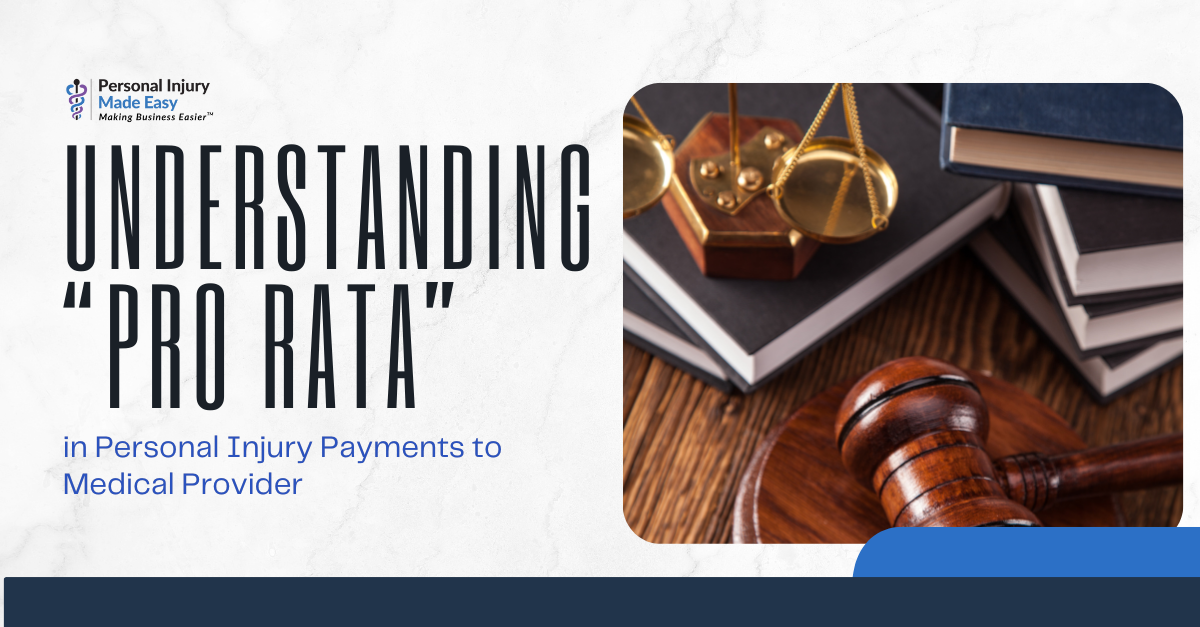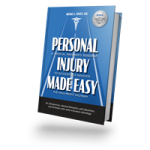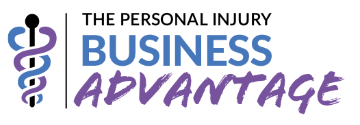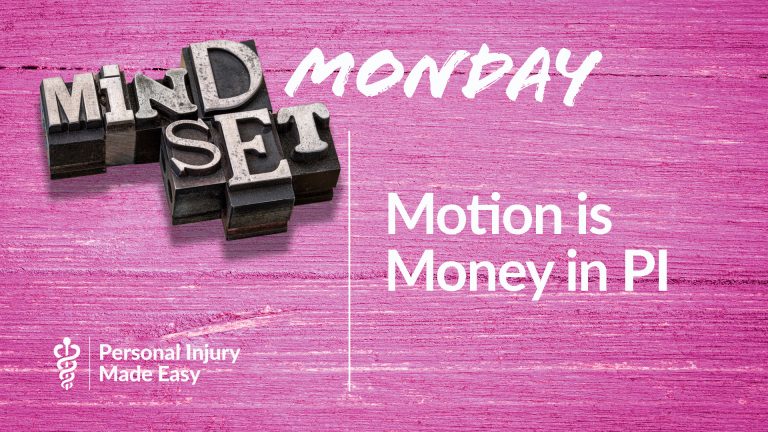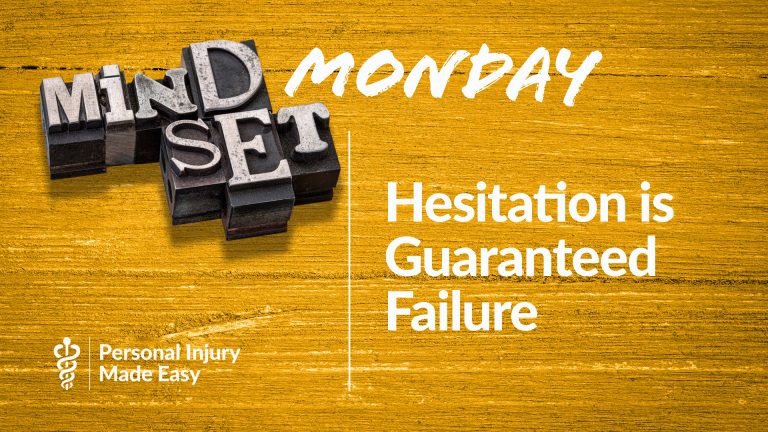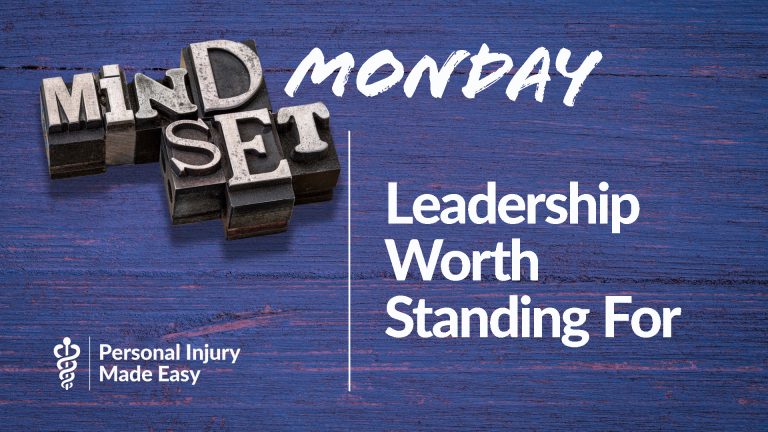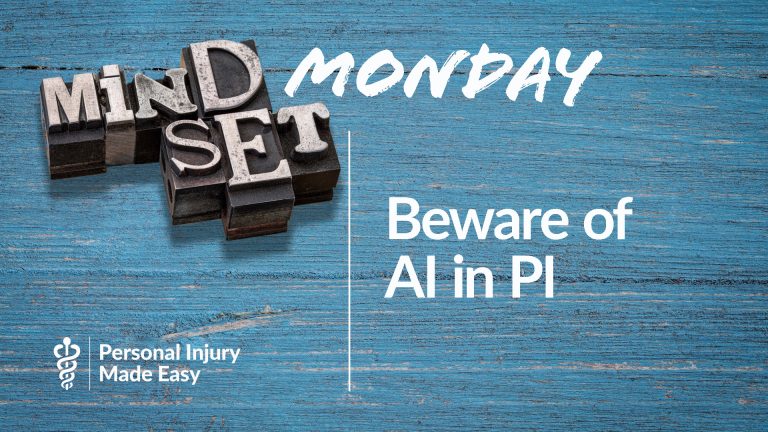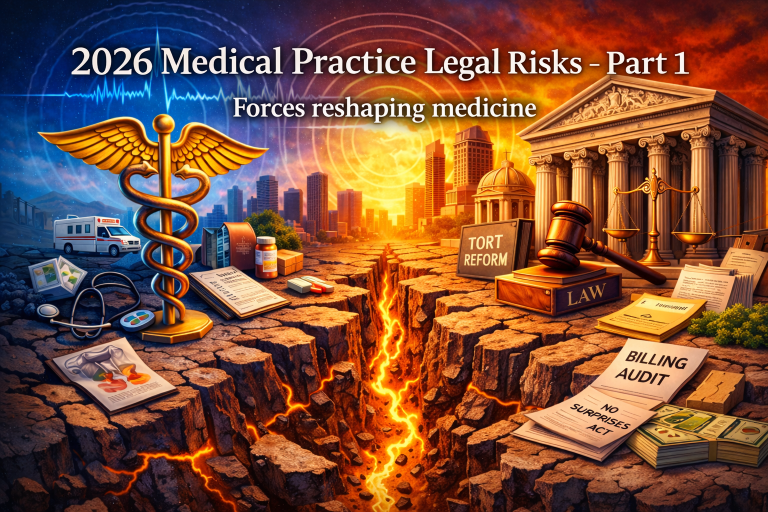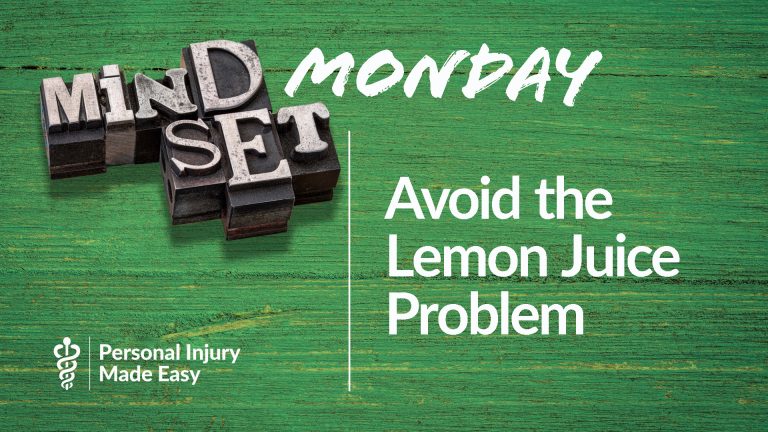Healthcare fraud is a serious problem. In the United States, it’s estimated that between $30 billion and $300 billion is lost to healthcare fraud each year. Medical practices are constantly battling fraud and embezzlement.
A majority of medical offices, 80% on average, are likely to be affected by fraud at some point. Even if you trust your staff and consider them family, you should assume that your office has already been affected, that it’s currently being affected, or that it will be affected in the future
The most common scenario involves the theft of money or sensitive information from a business or medical practice. These scenarios can occur in various ways, including employee theft and unauthorized access by a third-party vendor.
The key to avoiding medical fraud is familiarizing yourself with the facts and knowing what to look for. This article explains the risks of embezzlement and fraud and how to prevent it.
Fact #1: Medical fraud and embezzlement occur in all types of organizations, large and small.
You may think fraud and embezzlement would never happen in your business, but the truth is, it can – especially with the economic hardship many are facing today.
Embezzlers tend to be charming, relatable, and master manipulators. They’re the people you would never expect it from.
Statistically speaking, embezzlers are likely to have honed their embezzling skills while working in a previous medical practice. Often, the provider-owners don’t want to admit he or she was embezzled and tend to believe it was an isolated event. Since the crime is often not reported to law enforcement or other relevant authorities, the embezzler can move from practice to practice with impunity.
Fact #2: Medical fraud & embezzlement are often blatantly apparent.
Even the most clever embezzlers often make mistakes over time. Fraud and embezzlement often start small but can grow quickly. By seeing what gets caught, they can determine if they’ll get away with it or not.
Fact #3: Medical fraud and embezzlement impact both the company and its customers.
The costs of fraud can quickly add up as the loss goes beyond the amount stolen by the thief. There are losses in the form of expenses, such as increased insurance costs, productivity loss, the cost of forensic accountants, and the time your staff spends working with them.
The most important thing to do to prevent fraud is to understand how to identify fraudulent behaviors and how to act when they encounter them.
Enact Fraud Prevention Policies to Prevent Theft
Healthcare practices can deter fraud and embezzlement with robust processes to track patient communications, billing information, and business procedures. Clear policies and procedures for billing, claims submission, bookkeeping, and patient care will make it harder for anyone to falsify records or steal money from your practice.
Rather than running from these risks, find ways to prevent them now.
Start your free PIMadeEasy membership today to learn more about this topic in the PI Power Hour on Preventing & Detecting Fraud & Embezzlement In Your Medical Practice (you must log in for this link to work) with guest Hank Kahrs, CPA, ABV, CFF, CFE, CMA, CM.




